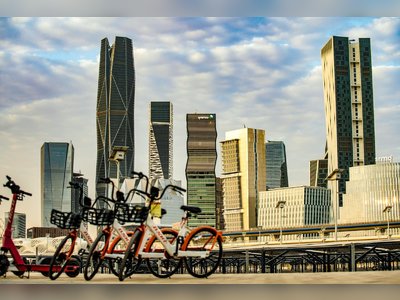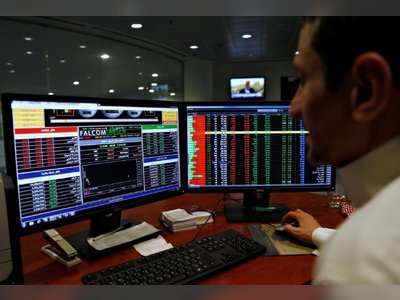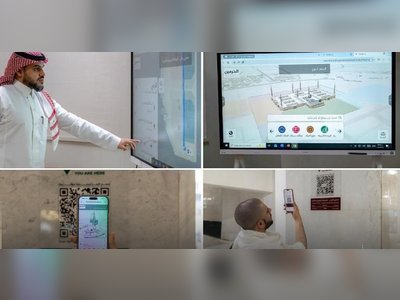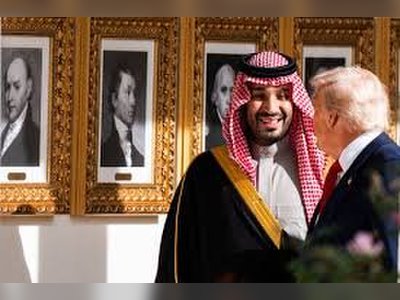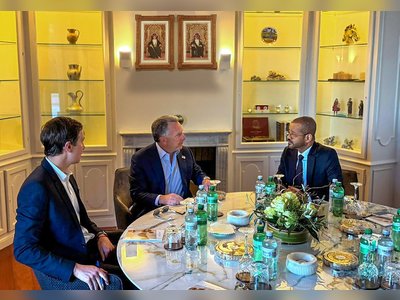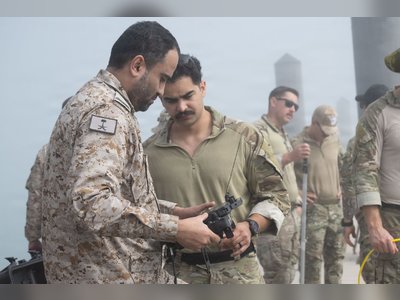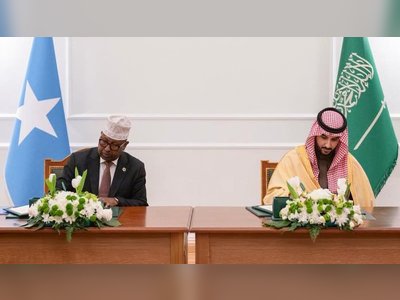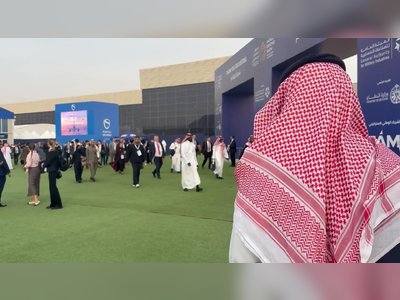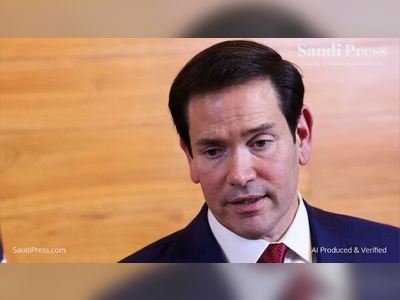Diverse Global Initiatives: ACWA Power's Desalination Marvel, Saudi Arabia's Labor Reforms, Fintech Innovations, and Evolving Geopolitical Dynamics
ACWA Power to build $680 million desalination plant in Sharjah, enhancing sustainable clean water access by 2028.
ACWA Power is set to build a $680 million desalination plant in Sharjah, with a whopping capacity of 410,000 cubic meters per day. This Hamriyah Independent Water Plant, expected to begin partial operations in Q2 2027 and reach full capacity by Q3 2028, underscores ACWA Power's leading role in global water desalination and fortifies Sharjah's water strategy for sustainable access to clean water.
In related news, Saudi Arabia has remarkably reached 80% of its labor market strategy, thanks to sweeping reforms bolstered by collaboration between the government and private sectors. These reforms aim not only at economic participation and productivity but also at enhancing national skills and reducing unemployment as shared by Dr. Abdullah Abuthnain at a recent Diwaniyat Al-Kitab meeting in Riyadh.
Speaking of forward-thinking initiatives, the Saudi Insurance Authority has unveiled a legislative sandbox to drive fintech innovation within the insurance sector. Announced at the “Fintech 24” conference, this platform will enable the testing of new insurance solutions in a controlled environment, aligning with Saudi Arabia's Vision 2030, noted Chairman Abdulaziz Al-Bouq and CEO Eng. Naji Al-Tamimi.
Shifting gears, the OMODA C5 has earned a stellar five-star safety rating in the ASEAN NCAP tests, reinforcing its top-tier safety status internationally. This achievement, along with prior accolades from European and Australian NCAPs, underscores the vehicle's robust safety features, such as high-strength steel structure, advanced restraint systems, and intelligent driving technologies.
Meanwhile, geopolitical tides are turning as Egyptian President El-Sisi’s visit to Ankara, warmly received by Turkish President Erdogan, signals a thaw in Egypt-Turkey relations. This historic meeting, following a decade-long estrangement since 2013, marks a renewed partnership, with both nations acknowledging strong trade ties despite political rifts.
Lastly, the people of Lebanon confront lingering traumas and fears of renewed conflict amid ongoing economic and political strife. Haunted by memories of the 1975-1990 civil war and recent Beirut port explosion, the country faces heightened anxieties, notably fueled by potential renewed conflict with Israel, compounding their collective psychological distress amidst decades of corruption and mismanagement.
In related news, Saudi Arabia has remarkably reached 80% of its labor market strategy, thanks to sweeping reforms bolstered by collaboration between the government and private sectors. These reforms aim not only at economic participation and productivity but also at enhancing national skills and reducing unemployment as shared by Dr. Abdullah Abuthnain at a recent Diwaniyat Al-Kitab meeting in Riyadh.
Speaking of forward-thinking initiatives, the Saudi Insurance Authority has unveiled a legislative sandbox to drive fintech innovation within the insurance sector. Announced at the “Fintech 24” conference, this platform will enable the testing of new insurance solutions in a controlled environment, aligning with Saudi Arabia's Vision 2030, noted Chairman Abdulaziz Al-Bouq and CEO Eng. Naji Al-Tamimi.
Shifting gears, the OMODA C5 has earned a stellar five-star safety rating in the ASEAN NCAP tests, reinforcing its top-tier safety status internationally. This achievement, along with prior accolades from European and Australian NCAPs, underscores the vehicle's robust safety features, such as high-strength steel structure, advanced restraint systems, and intelligent driving technologies.
Meanwhile, geopolitical tides are turning as Egyptian President El-Sisi’s visit to Ankara, warmly received by Turkish President Erdogan, signals a thaw in Egypt-Turkey relations. This historic meeting, following a decade-long estrangement since 2013, marks a renewed partnership, with both nations acknowledging strong trade ties despite political rifts.
Lastly, the people of Lebanon confront lingering traumas and fears of renewed conflict amid ongoing economic and political strife. Haunted by memories of the 1975-1990 civil war and recent Beirut port explosion, the country faces heightened anxieties, notably fueled by potential renewed conflict with Israel, compounding their collective psychological distress amidst decades of corruption and mismanagement.


